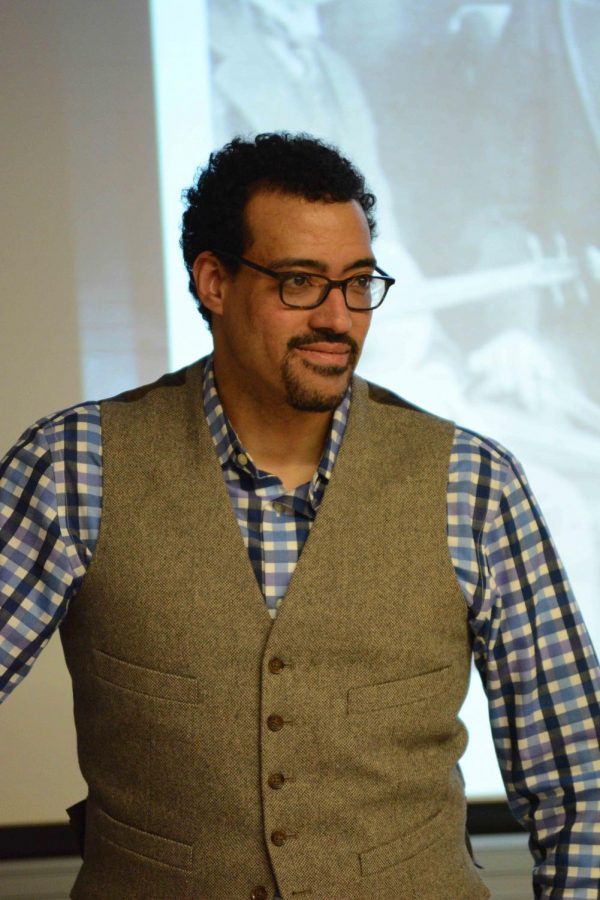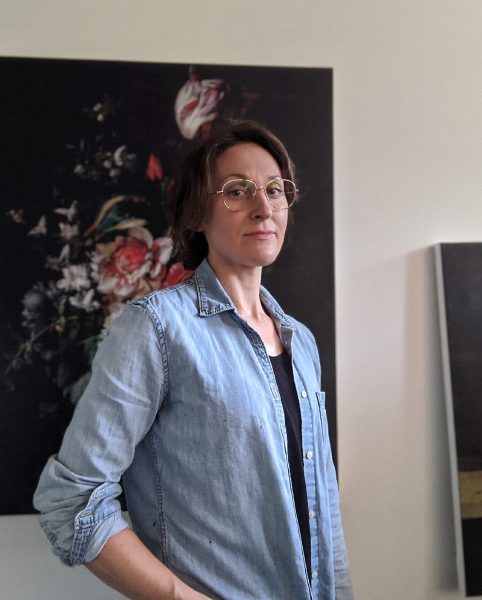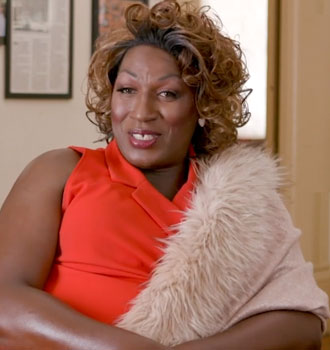Chris Jenkins, Associate Dean
Matt Payne, Staff Photographer
Chris Jenkins
Chris Jenkins is Oberlin Conservatory’s Associate Dean for Academic Support; liaison to the Office of Equity, Diversity, and Inclusion; and the deputy Title IX coordinator. He received his Bachelor of Arts from Harvard University in 2001 and went on to receive his Master’s in Music from the New England Conservatory in 2003. Jenkins plays the viola and was granted a Performance Certificate from the Manhattan School of Music. He also holds a deep interest in human rights, and earned a Master’s in International Affairs from Columbia University in 2011.
This interview has been edited for length and clarity.
What does equal access to music and education look like to you?
When we’re talking about equal access, we’re usually talking about reducing — or ideally, eliminating — economic barriers. And those would be economic barriers to both the type of music education and performance that one might want to enjoy, and also, particularly, music education that can lead you somewhere. And you might not have a vision for where that is when you’re younger, because it’s hard to do that before you know where you can actually go, right? But I would say, making sure that people have equal access to things like instruments, lessons, enrollment in large group music programs, and also the ability to attend concerts and things like that of whatever genre one might be into. Music education and appreciation has really been an elite form of art for a long time, and finding ways to break down those barriers is really important if we’re going to actually diversify musical fields in general.
What do you wish that more Conservatory musicians and more College students knew about African-American classical music?
I think that it’s really a shame that there’s so much really cool music out there by African Americans that can fit into the classical realm that doesn’t get much exposure. By “cool,” I mean not just good or interesting or theoretically profound, but cool. Things that you would want to listen to, and that you would want to buy or download or put on Spotify if you knew about it. And these pieces tend not to get that much exposure for a variety of reasons, but most of all because there are people who have difficulty fitting some of these works firmly into the classical canon.
The great irony is that Black culture is popular all over the world. Black music is everywhere, because the elements of Black music that are cool, that are interesting, that everybody likes, have proven so durable and popular that they’ve gotten inside everything. Pieces that have some element of that aesthetic in classical music are also really cool and interesting, but because of the field’s historic need to keep itself really narrow, we have trouble expanding the definition to allow those works to be representative, so they don’t get much exposure or airplay. So I wish people just were able to hear more of that music and see more of that music live. And in fact, on Sunday, there’s a really great concert that our professor of flute Alexa Still is arranging for Black History Month where she and some of her colleagues are going to perform a lot of music by Black composers that is like that.
As associate dean, you’ve focused a lot on wellness initiatives in the Conservatory. What sort of projects of that nature are you working on now?
I started the Conservatory Wellness Workshops several years ago, and the idea was to promote programming that would help ensure a Conservatory student community that was more physically, mentally, and socially healthy. So to that end, I was promoting things like social justice programming with the MRC and helping to facilitate those events. We had a Beyond the Binary training last year; I’m hoping we’ll have that again this semester. I brought performance psychologists — Noa Kageyama, a performance psychologist on faculty at Juilliard, came last year. We actually had a screening of a really cool documentary called “Composed” last year … followed by some workshops with Noa. He’s coming again this March, for workshops around performance anxiety. We have a clinician working on Alexander Technique workshops, which is for people in theater, dance, music, and a variety of disciplines where it really helps with body posture and alignment. The idea is to promote a higher level of performance through body posture and to reduce pain and injury, which is really important to Conservatory students. The Counseling Center [came] and I helped them get set up and table for two hours for students so they could talk about their resources. We’ve had workshops on mindfulness, nonviolent communication, a whole variety of things. Mostly what I do is try to set these workshops up and make sure students are aware of them. Students are asking for these things, especially at Oberlin — we have a particular kind of music student who is more interested in those offerings than I think is the case at most conservatories. People come here in part because they want to take part in social justice programming and they want to know more about things like … performance anxiety and want to think about how they and their peers can be healthier, which is definitely not the case at all conservatories. Many conservatories have environments that are perhaps not that supportive, and that’s one of the really nice things about ours. People do generally support one another and care about each other.
What impact do you find that these wellness projects have been having in the Conservatory community and what impacts do you hope that they’ll have or continue to have in the future?
The most challenging thing for Conservatory students is how busy they are, and as much as people may want to take part in a workshop, they often can’t because they have rehearsal or lessons and are busy 24/7. The biggest impact, I think, that can change the tune of the community is awareness among students that these kinds of programs are normalized — that to have Beyond the Binary training is normal here, is what we do, and these are concepts that we want everyone to encounter over the year. That everyone should be thinking about mental health and it’s OK to think about mental health, that everyone should be thinking about taking care of their body because that’s a natural and normal and healthy thing to do.
You’ve done some cross-disciplinary work with Professor Cindy Frantz in the Psychology department, looking at stereotypes within classical music performance. Can you tell me a bit about that project?
The basic concept is that stereotype threat is a very fascinating phenomenon that Dr. Claude Steele coined in 1995 with Josh Aronson, where they basically demonstrated their theory that Black students would underperform on tests of cognitive ability because of a fear of confirming a negative stereotype, that being that they were not as able. So since they first did this research and coined this term, there have been literally tons of studies that have replicated this effect across multiple domains and multiple populations; so this effect has been tested, for example, on white men playing basketball. Their performance will degrade if you remind them that they are white before they play basketball because the stereotype is that white athletes are not as proficient at basketball as Black athletes. All kinds of domains — math performance, golf performance, for female identifying people, Asian populations, Hispanic populations, different age groups — but it has not been tested, as far as I’m aware, for classical music. So the idea is to actually test whether or not African-American classical musicians are subject to the same kind of performance degradation when they play classical music as has been found across a variety of cognitive tests for African Americans.











